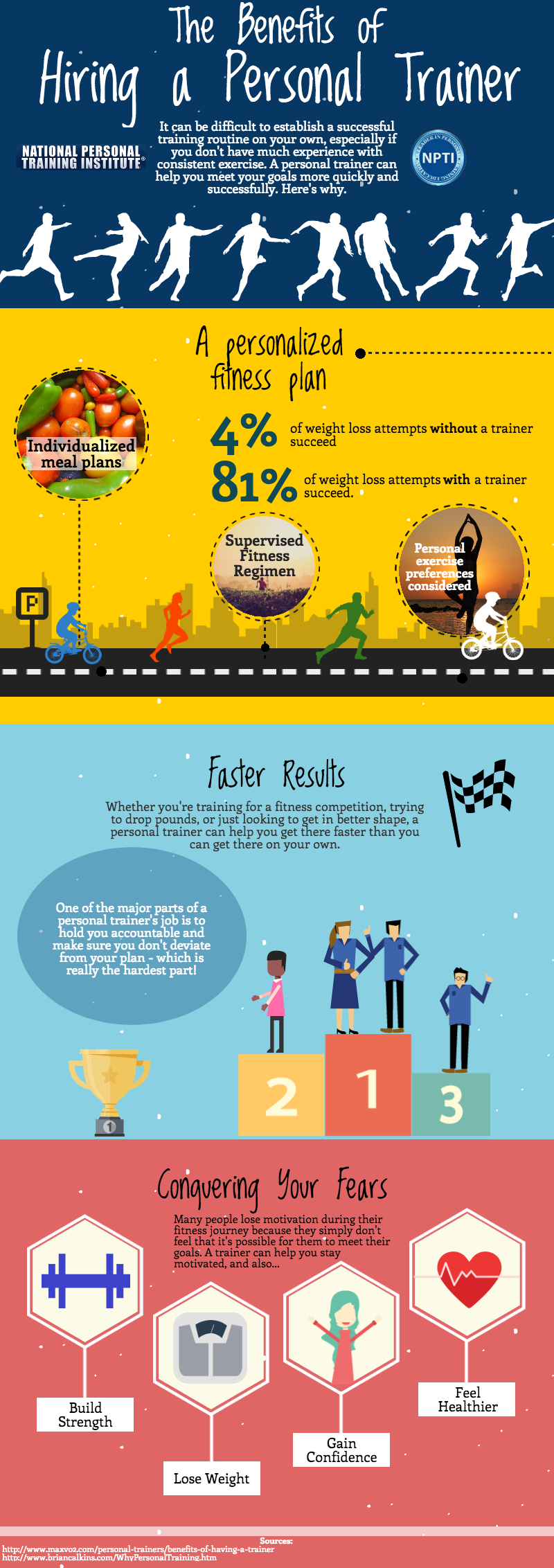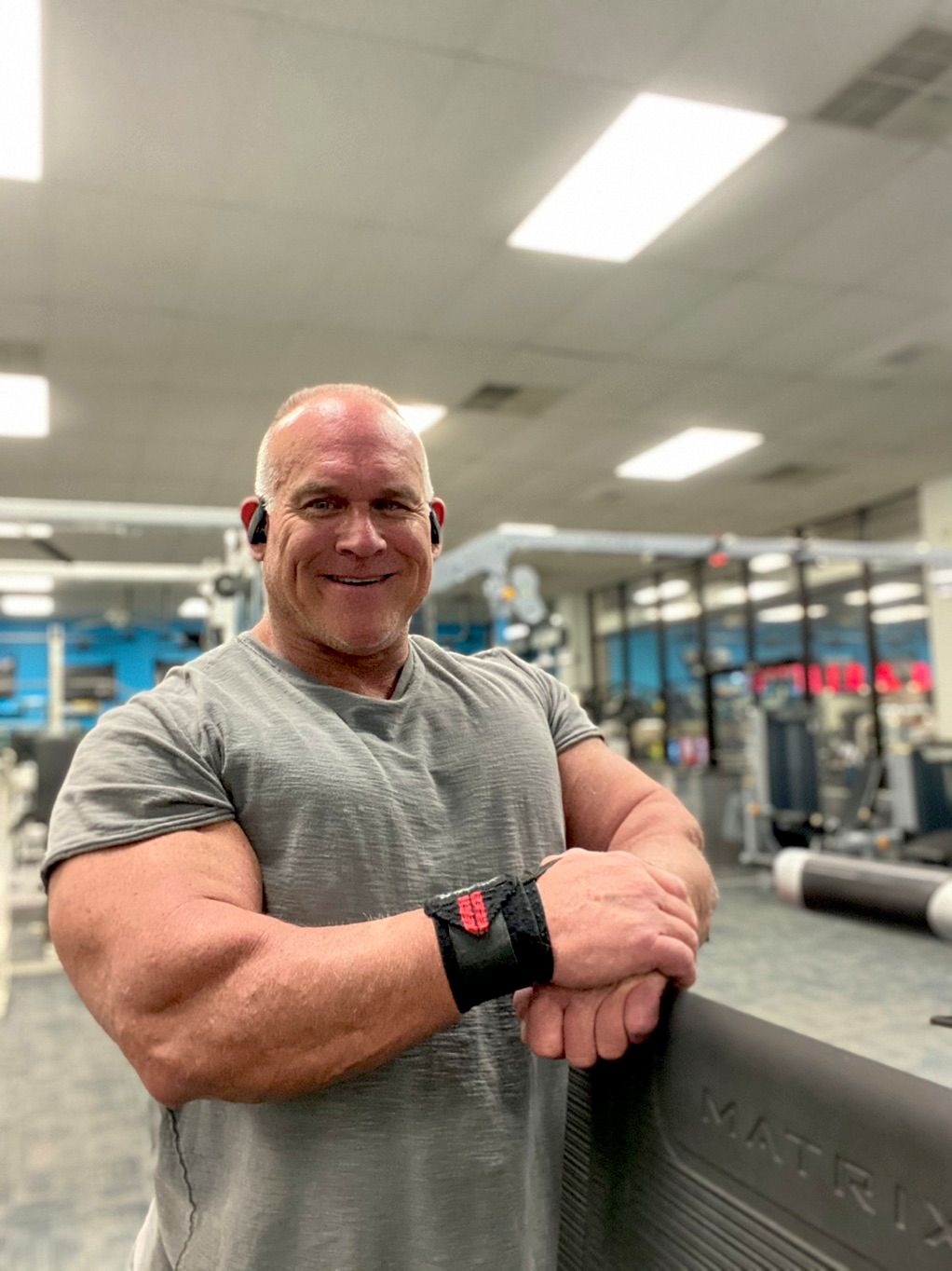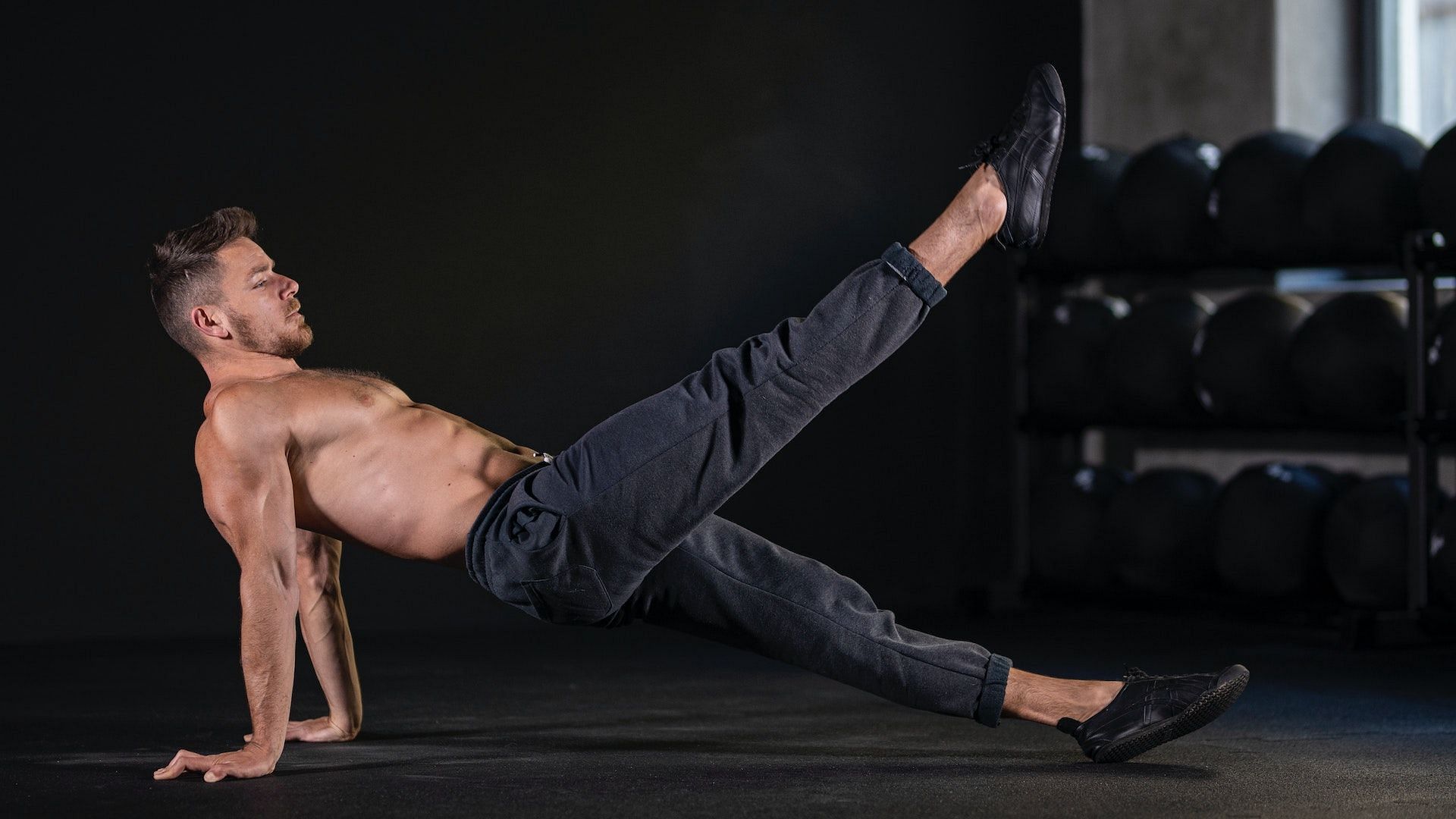
For many reasons, resistance training at home is great. These include strengthening and building lean muscle as well as lowering blood pressure. They can also lower blood pressure and increase the production of bone-building osteoblasts. Start by choosing an exercise that you can fit into your daily schedule.
Strengthens muscles
Good health is strongly tied to muscle-strengthening activities. Despite this connection, many adults do not exercise at the recommended levels. This area of research, which is crucial for the prevention of and treatment of chronic disease, has not received much attention. Future research should be focused on standardizing assessment tools, creating devices to measure muscle-strengthening levels and integrating muscle-strengthening activities into existing health surveillance networks.

Builds lean muscle
Strength training is an excellent way to increase muscle mass. You will be able to carry groceries, climb stairs, and lift boxes. You will feel more confident and have a better body composition. However, before you can begin to build muscle, it's essential to fully understand the process.
Lower blood pressure
Research has shown that home resistance training can lower blood pressure. These exercises can be done throughout the body to lower blood pressure. These exercises could have negative effects. One example is an increase of sympathetic tone.
Stimulates osteoblasts
To increase bone mass and density, weight-bearing is the best option. This type exercise places the most stress on your bones and triggers bone formation cells called osteoblasts. Women, in particular, can benefit from weight-bearing activities that increase bone strength, mineral density, and other benefits.
Increases the metabolic rate
Resistance training exercises can help you increase your metabolism, and even help you lose weight. They are also great for weight management and long-term weight control. Resistance training improves your body's ability to build muscle mass. Your total energy expenditure can be affected by your resting metabolic rates (RMR). It accounts for between 60-75% of your total daily energy expenditure when you're not working out. Resistance training exercises are not only great for burning fat but they also preserve and prevent muscle cell breakdown.

This helps build bone
Weight-bearing exercises help build bones and force the body to fight gravity. These activities could include walking, running, climbing stairs or playing tennis. It is important to include weight-bearing exercises for those with musculoskeletal issues such as arthritis. At least 30 minutes of weight bearing activity should be included every day if you are interested in strong bones.
FAQ
What are Resistance Training Exercises?
Resistance training includes using weights and other objects to perform specific movements. Lifting weights will strengthen your arms. Resistance training helps build muscle mass and bone density. It also promotes overall strength.
What happens if I don’t get enough sleep?
Lack of sleep means that your brain does not receive enough signals to regulate hormones. As a result, you may overeat and gain weight. Sleep deprivation can also lead to excessive weight gain.
Which Is more important? Exercise, diet, sleep?
This depends on what you're trying to achieve. Weight loss is possible by following a healthy diet. If you are looking to build muscle mass, however, exercise is the best option. Finally, sleep is the least important factor since it only affects how well you perform during the day.
Statistics
- An estimated 110,000 deaths per year could be prevented (cdc.gov)
- Adolescent girls were less active than adolescent boys, with 85% vs. 78% not meeting WHO recommendations of at least 60 minutes of moderate to vigorous intensity physical activity per day. (who.int)
- Physical activity confers the following maternal and fetal health benefits: a decreased risk of pre-eclampsia, gestational hypertension, gestational diabetes (for example, 30% reduction in risk) (who.int)
- Globally, 28% of adults aged 18 and over were not active enough in 2016 (men 23% and women 32%). (who.int)
External Links
How To
How to Keep Fit during Pregnancy
When you're pregnant, your body undergoes many changes. You experience a slowing of your metabolism and a decrease in food intake as you grow a child inside. Insufficient sleep can make you feel sick. But there are ways you can keep yourself healthy while still enjoying this exciting time in your life!
First things first, you should check with your doctor before starting any exercise routine. You can have them tell you which exercises to avoid and which ones you can safely do. You should also eat healthy throughout your pregnancy. This includes eating plenty of protein, fiber, and iron. Third, it is important to drink plenty. Water is particularly important when exercising, as sweat can lead to a loss of fluids. Last, take good care of your feet. Keep your feet dry and wear shoes that support them. If you're having morning sickness, make sure you eat something small like crackers or toast before getting out of bed. It could lead to nausea.
-
Healthy eating is key. A healthy diet is important throughout your entire pregnancy.
-
Keep active. Do at least 30 minutes of exercise each day.
-
Maintain a healthy weight Losing weight can be achieved by eating smaller meals and snacking more often.
-
Get enough rest. Get at least 7-9 hours sleep each night.
-
Manage Stress. Learn relaxation techniques.
-
Avoid Alcohol. It can cause miscarriage or birth defects.
-
Be gentle with yourself. Do not try to push yourself too hard.
-
Take care of yourself. You can have someone look in on you if necessary.
-
Relax. Do what makes you happy.